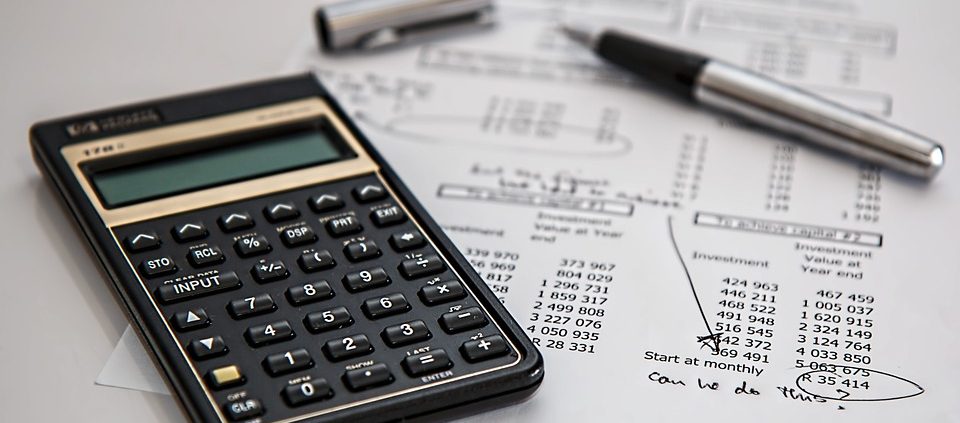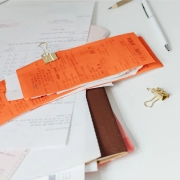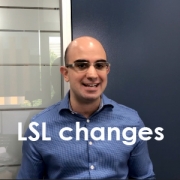We have put together a summary of the key tax and financial changes that were announced in last night’s federal budget.
This was Scott Morrison’s 2nd budget and is focused on increased transport infrastructure spending which will support his forecast of bringing the budget back to surplus by FY20/21.
For our business and contractor clients, I look forward to meeting up with you to discuss the changes and how they may affect you as part of our pre-30 June tax planning meeting.
Here are the key points and a 2 minute run-down. Feel free to give me a call or shoot me an e-mail if you have any questions or feedback.
INDIVIDUALS / CONTRACTORS / TRUST BENEFICIARIES
Temporary Budget Repair Levy (Expiring 30 June 2017)
The additional 2% that applies to high income earners on the portion of their taxable income which exceeds $180,000 has not been extended. This in effect brings the highest marginal tax rate down from 49% to 47%.
Increase of Medicare Levy (From 1 July 2019)
From 1 July 2019 the Government will increase the base-level of Medicare Levy from 2% to 2.5% of taxable income. Higher income earners will continue to be subject to a Medicare Levy Surcharge over and above this amount if they do not hold adequate private health cover.
Higher Education Loan Program aka HECS/HELP (From 1 July 2018)
From 1 July 2018 the Government will lower the minimum earnings threshold before mandatory HELP debt repayments are made to $42,000 (From $55,874) and also increase the maximum repayment rate from 8% to 10% for taxpayers earning in excess of $119,882.
FIRST HOME BUYERS
Build a deposit inside of super and save tax! (From 1 July 2017)
First time buyers will be able to make voluntary contributions into their superannuation of up to $30,000 to pay for a deposit on a first house or apartment. With tax benefits, this will assist with first home owners gaining access to the housing market faster.Taxpayers will be able to contribute up to $15,000 per year and $30,000 in total to their fund.
This contribution will be tax-deductible to the individual and instead will be taxed in the super-fund at a flat 15% (saving between 19.5% and 32%).
These contributions can then be withdrawn, along with associated deemed earnings, for a first home deposit, from 1 July 2018 onwards. The withdrawal will also have a 30% tax rebate attached to offset the majority of any tax payable on the withdrawal.
HEALTH CARE PROFESSIONALS
Lifting the freeze on Medicare Rebates
Patient rebates have been frozen since 2013 and the freeze last year extended the freeze to 2020. The phased re-introduction of indexation for certain items on the MBS is welcome and consists of
- bulk-billing incentives for GPs will be indexed from 1 July 2017; (kids under 16 and concession card holders)
- standard consultations by GPs and specialist attendances will be
indexed from 1 July 2018; and - specialist procedures and allied health services will be indexed from 1 July 2019
- reverse removal of bulk-billing incentive for diagnostic imaging and pathology.
In addition, the Government will introduce, for the first time since 2004, indexation from 1 July 2020 for certain diagnostic imaging items on the MBS.
RENTAL PROPERTIES
Travel Expenses scrapped (From 1 July 2017)
From July this year the Government will disallow deductions for travel expenses relating to inspecting, maintaining or collecting rent for a residential rental property.
Limiting depreciation deductions bought after budget night (Immediate)
From July this year the Government will tighten the rules surrounding depreciation deductions for residential rental properties. These changes will only affect properties purchased after budget night, investors who already own a rental property or have signed a contract to purchase a rental property prior to budget night are excluded from these changes.
The changes relate to fixtures and fittings that are ‘easily’ removed such as dishwashers and ceiling fans. Deductions will be available for the initial purchaser of these items however. However, subsequent owners of a property will be unable to claim deductions for plant and equipment purchased by a previous owner of that property.
COMPANIES
Extension of the $20,000 immediate depreciation deduction (Extended to 30 June 2018)
Extension of the instant $20,000 write-off for businesses with annual grouped turnover of less than $10 million. This means small businesses will be able to immediately deduct purchases of eligible assets costing less than $20,000 first used or installed ready for use by 30 June 2018. The small business $20,000 asset write-off will revert to $1,000 from 1 July 2018.
Property Developer GST Changes (From 1 July 2018)
From 1 July 2018, the Government will strengthen compliance with the GST law by requiring purchasers of newly constructed residential properties or new subdivisions to remit the GST directly to the Australian Taxation Office as part of settlement. We are currently unsure as to how this will work in practical sense and will await further detail to be issued by the ATO.











